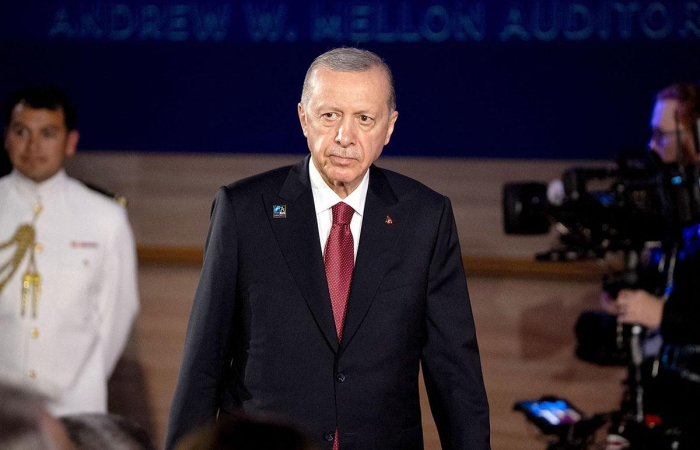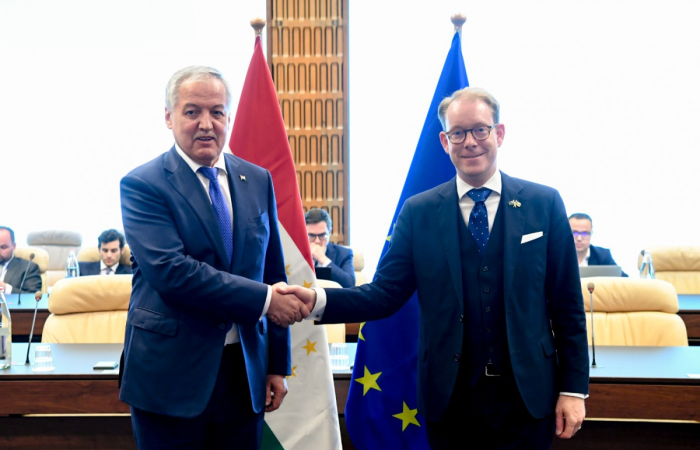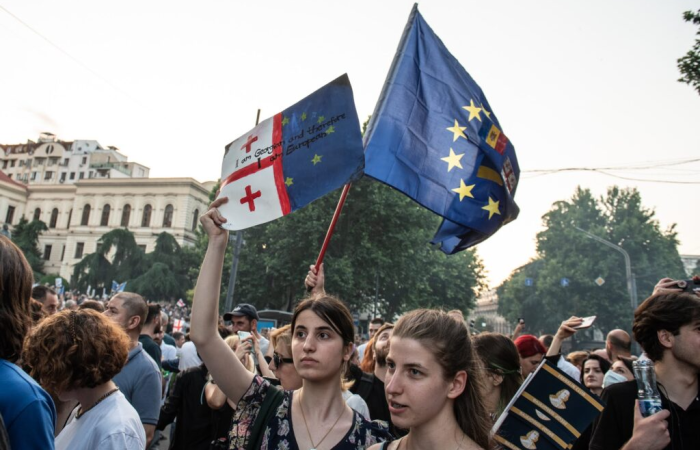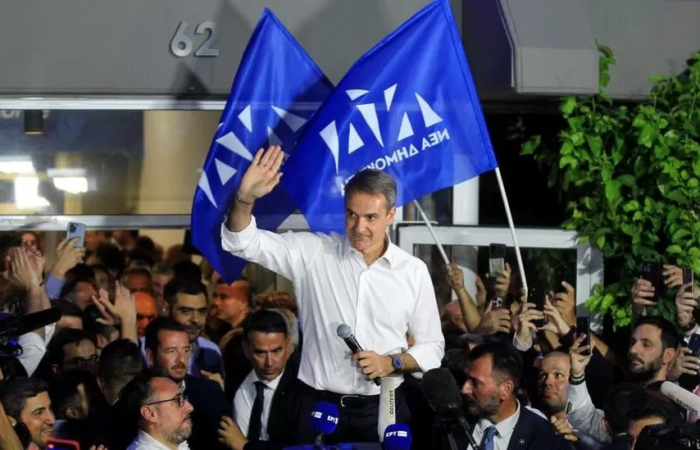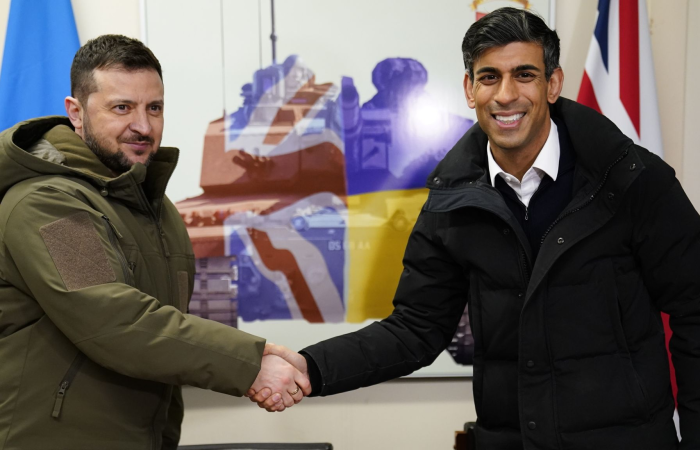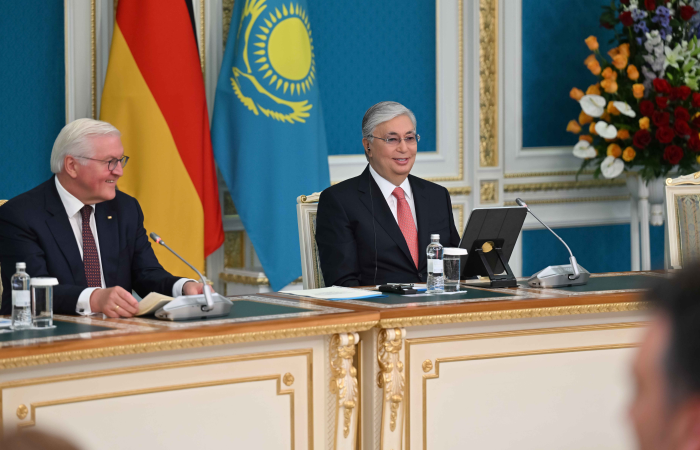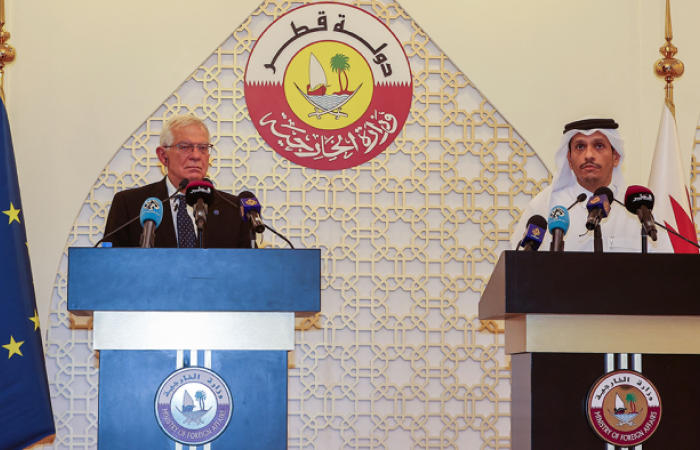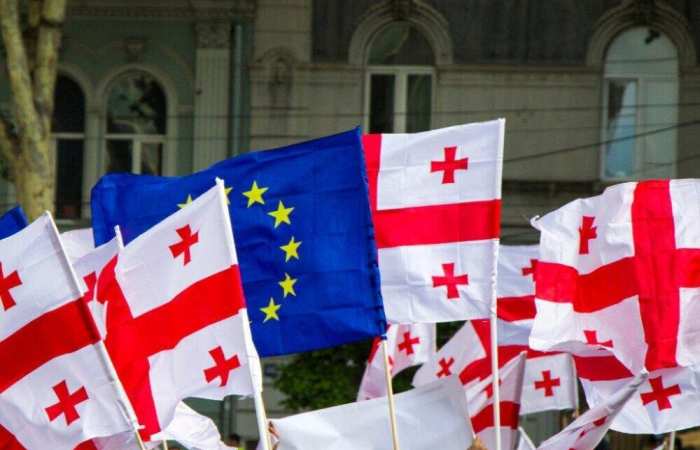Trending
Centrist pro-European D66 party set to win election in The Netherlands
30 October 2025
The Netherlands is set to elect its youngest ever prime minister after the far-right party of Geert Wilders was projected to suffer losses in an election he brought about by bringing down the government. Rob Jetten, the 38-year-old leader of the pro-European centrist D66 party, is on course to claim the top job with most votes counted. His party is projected to win 27 of the 150 seats in the country's lower house of parliament, beating Mr Wilder's Freedom Party on 25, according to an exit poll by Ipsos. It comes just two years after he led his party to victory in the last election, winning 37 seats, although his coalition partners refused to endorse him as prime minister. Mr Jetten will also need to rely on a coalition himself, with 76 seats needed for a majority. At least four parties will be required for him to get there.




